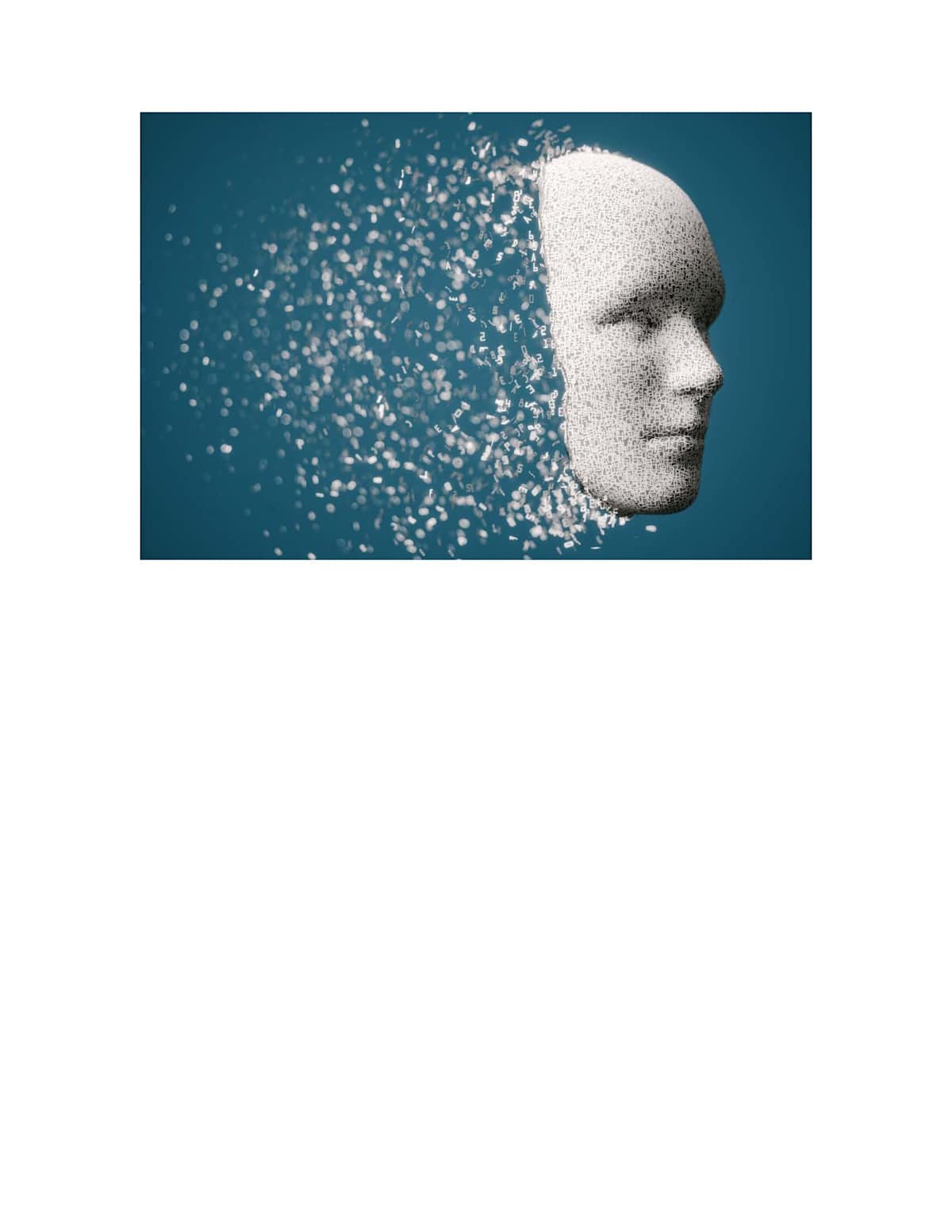As AI becomes ever more integrated into our day-to-day business and professional practices, thorny questions are being asked, not the least of which is where does that put use mere mortals? Are we doomed to the periphery, sadly looking for ways to find meaning and purpose while AI has the world functioning tickity-poo?
Not in the least, in my opinion. The traits that make us uniquely human are those that are needed now more than ever. Our senses of ethics and morality, our ability to make inter-personal connections, and our capacity for understanding subtle nuances can never be duplicated by machines. And, in an AI-integrated world that thus far lacks the range of governance, legal, and regulatory frameworks required to protect us from and mitigate the risks of generative AI (e.g., copyright, employees' rights, privacy, confidentiality, and so on), these qualities rise to the top.
Relational or “soft” skills—such as social intelligence, communication, adaptability, civility, and citizenship—are no longer peripheral traits; they are core governance capacities. In AI-integrated workplaces, these skills serve as operational guardrails that complement technical standards and legal compliance frameworks. For example, in the evidence-based Workplace Connections model (https://workplaceconnections.ca/), additional relational skills such as collaboration, cultural intelligence, change and continuous learning, and thinking skills reinforce ethical, transparent, and human-centered practice.
Not only do these skills bring the human factor to AI-integrated workplaces, they have a higher impact: ensuring that AI-integrated workplaces in the future of work--characterized by disruption and a distributed, globalized, and multi-generational workforce--are also civil places to be, where kindness and respect dominate.
Are we ready? Do we have the breadth and depth of relational / soft skills to succeed in this new world of work?
